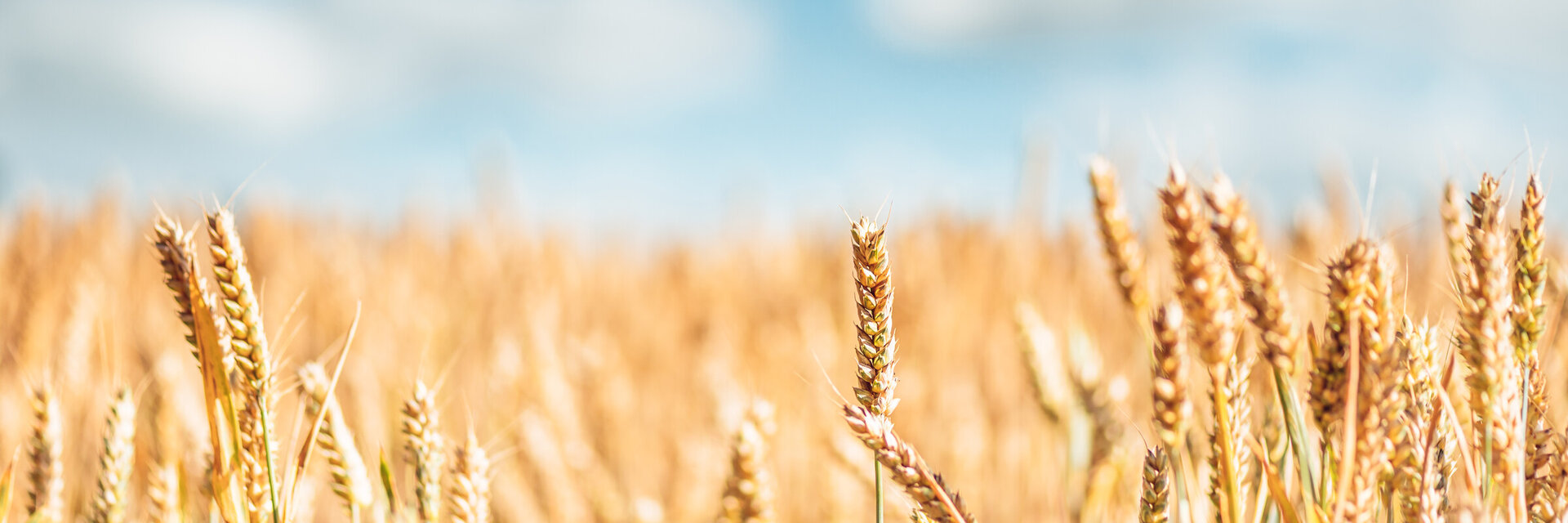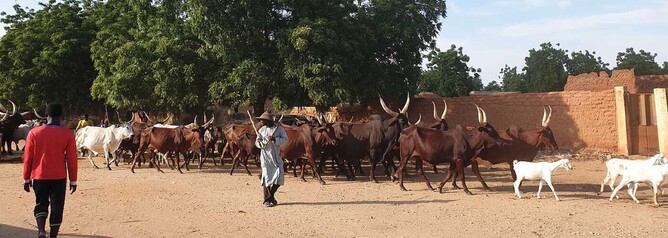The past year has been full of adventure, challenges and massive changes.
Imagine saying goodbye to everything you know — family, friends, work and recreational activities — and stepping onto a plane which literally flies to the unknown.
As the plane descends you can see how desolate the land is, vast desert with very little water. This is to be home for us and our three children for the next three years at least. Corey is working in a regional hospital in West Africa.
The first thing you notice is just how white you are. In a sea of black you really stand out. In some ways you feel like a bit of a celebrity with everyone staring at you, and in other ways you feel very vulnerable. Thankfully we arrived with enough language to be polite, and after six months we seemed to forget just how white we really are.
Language is a massive mountain to climb, which takes perseverance and determination mixed with the grace and the strength of God Who equips us for His service. As we slowly build up our vocabulary and learn grammar, we realise how much we miss deep conversations with adults. We have so much to learn, but when we look back we realise that we have come a long way in ten months.
There are many cultural differences, both in the country we serve and in our relationships with fellow missionaries. Although the other missionaries speak English, their culture and communication is not the same as Aussies. Amber is often misunderstood when she tells people that she will see them in the arvo. Or we tell the kids to put on their thongs and the Americans think we are talking about underwear. You have to be so careful — not just in African culture but also to take into consideration the cultures of the other missionaries with whom you work and live.
Church is different too. Guys sit on one side, women on the other, and the kids sit in their own group. The service is really long, 2.5-3 hours. Announcements go for half-an-hour as there isn’t a newsletter due to the illiteracy of the people. Trying to understand the sermon when you have limited language is still a challenge. However, being with believers in a country where only 2% of the population are Christians is very encouraging for them and for us. We have visited many small village churches around where we live, and it is encouraging to see and feel the vibrancy of the gospel in a place so full of darkness.
Shopping is like being in another world! Learning the names for everything that you would like and then finding those items and bartering for them can be very stressful and tiring. Things do get lost in translation and you sometimes come home with items you didn’t really want just because you didn’t understand or you didn’t know the polite way to say “No thank you”. There is no supermarket, so you need to visit several shops and go to the market to get what you want. Buying meat is off the street and is just a hunk of beef or mutton. Then you take it home, clean it and put it through the mincer, but you have to cut all the gristle out first. Due to the fact it is so tough, you can’t cut a steak from it no matter what part you buy.
Occasionally you find something you really like and end up stocking up because you know that product will all be gone next week and you won’t see it again for several months. Once you have bought everything (which takes about half a day in town) you then go home to wash and prepare all the food so you don’t get sick. Soaking all your fruit and vegetables in bleach takes another hour or so. Oh, did I mention that the money value and what you call it is two totally different things? The coin that says 50 is called 10, the 200 coin is called 40, the 250 coin is 50, and so on!
There is no Bunnings or some other one-stop shop to buy building materials. It can take hours to buy a few things as you go on a scavenger hunt around town to find everything you need. Suppliers often run out of items so you have to go elsewhere or they’re just not available in town. Many places close between 1-3pm for lunch, then they pray four times a day and most places close for half an hour each time — so shopping is extremely difficult, you have to learn to just roll with it. You wait around a lot because time is something people have a lot of here, so no one is in a rush for anything.
Driving on the opposite side of the road, on the ‘wrong’ side of the car, and changing gear with your right hand is truly an adventure. Not to mention that driving is just organised chaos and it’s noisy. They use their horns for everything, just to let people know they
are right behind you or next to you. The flash of headlights from oncoming traffic on your side of the road does not indicate a speed camera ahead, but that I am overtaking and you have to give way to me. Two vehicles and a motorcycle abreast on a single lane road is normal. What a learning curve! And roundabouts are not roundabouts — they are intersections with round points in the middle! It is also intense with check points, speed humps and poor-quality roads. To travel 700 km on the national highway you would average only 50-60km/h. In the city there are people, vehicles, motorcycles, carts and didatas everywhere. Road rules are loosely followed but often ignored. Driving is probably the most dangerous thing we do here besides putting up with the poor electrical standards and the risk of electric shock, of which Corey has had his fair share.
Working as the Property Manager around the hospital and mission compound is another thing altogether, with the challenges of finding the building supplies that you need and needing to be much more creative and resourceful with what you do have to achieve the building projects ahead of you. Engaging local tradies and instructing them with the limited language you have is also a big challenge. Prices are not fixed, so Corey has to negotiate everything from wages to anything you want to buy. Sometimes he just pays the extended price because he’s exhausted. There is no building code or regulations, so he gets to make them up. As a result, we have found power cables or water only a few centimetres below the ground.
We live in a simple three-bedroom house, but to the locals we live in a mansion. We have electricity and electrical appliances such as a fridge and freezer, an oven and a microwave. You might think for a second this is just like home, but it is far from it. All these things most locals don’t have. They live in simple mudbrick huts with no electricity and they cook over fires. It is a real hand-to-mouth lifestyle, where what they earn today feeds them today. People don’t have bank accounts and they work very hard, with very little recreational activities. When we go for a bike ride around town, we are asked “Where are you going?” and they don’t understand that we are just riding for fun.
Living in a country with high security risks means that you just can’t drive wherever you want. Sunday drives in the country just don’t exist. We have armed Gendarmes at our compound gate and you get used to seeing AK-47s every day. We have to take care and be observant.
Normal things you don’t even think about in Australia are time-consuming tasks in Africa, like filtering drinking water takes 20 minutes every day. You have to sweep your house several times a day just to keep the sand out, and cooking takes longer as there are no pre-prepared food sachets. We sleep under mosquito nets each night and take prophylaxis to reduce getting malaria, and you need to check your shoes for scorpions or other bugs before putting them on.
The weather is completely different, it is always hot! The coldest day we have had so far was 32⁰C and the hottest was 47-48⁰C. The animals that are here are very different too. In our first six months there were 15 venomous snakes killed in our compound! We have had pet chameleons and a hedgehog, and now we have a cat and a dog. We’ve seen hornbills and owls and big monitor lizards, and even a bushbaby.
In many ways it is like stepping back in time where people plough the fields with oxen or camel, cut the grass with the sickle, pound the grain by hand and cook over a fire. Disease is rife and many die each year from malaria and other diseases due to malnutrition or because they don’t have enough money to seek the right medical help. People with few resources living in rural locations tend to go to local traditional healers first before traveling to seek aid at a health care institution. As a result of postponing appropriate interventions, they often arrive in critically ill conditions. When people die as a result of not receiving care promptly this reinforces the misperception that one goes to a hospital to die.
With so many changes and challenges in a short space of time we are often tired. Unfortunately, when you are tired it is hard to think straight, let alone think and talk in a different language. Relationships with locals and even other missionaries from different cultures can be strained because of misunderstandings or making cultural faux pas.
Even family life can be strained due to tiredness or sickness. At times you just want to go home! But we have met many people who are willing to spend time with us and develop relationships with us, who let us practise our language and make mistakes. We have learnt to laugh at ourselves as we know that we will be constantly learning and adapting how we live for the next three years. We plan on coming back after that to continue working here at the hospital. We desire to form strong relationships with those around us so we can have greater impact in the community that we live in.
At times we feel like we don’t belong, that we are aliens here in Africa — and in many ways we are. But we also know that God has called us to be His light in the depths of West Africa. ‘He will satisfy our needs in this sun-scorched land and He will strengthen our frame. We know that we will be like a well-watered garden, like a spring whose waters never fail’ (Isaiah 58:11). It just takes time and we have all the time that God has given us.
We know that we have been a blessing to those around us through our work at the hospital and the meals we share with others. Knowing that we are a blessing to others, even through the tough times, helps to remind us why we are here: to spread the good gews of our Lord Jesus.
We are thankful for those that have committed to praying for us, for the hospital, for language learning, for adjusting to change, and for the nation we serve in. We praise God that He has called us to this place and we are excited to see what lies in the future for us and our kids here in West Africa.
We are being sustained by a gracious God who has called all of us to serve where we live, whether in Australia or West Africa. We all face our own challenges and difficulties. We serve the same Lord and we all cling to the same promises. Let us remember Ephesians 3:20 – ‘Now to him who is able to do immeasurably more than we ask or imagine, according to His power that is at work within us.’ Without Him, some things would be impossible.
By Corey & Amber


